Hi Paul, on Thursday I drove to Bendigo with my daughter. We attended a meeting for her son who received a certificate of merit for his good work and conduct during his first three years of his apprenticeship. The next day I visited another daughter in Lockwood near Bendigo. She just took over her new house and seventeen hectares. She was very cheerful and happy about my visit. She even had coffee and cake ready. Then on Friday afternoon I drove back home. I was home at 6pm and could see the news on TV which ends at 7pm. I hate ads. Football is an important topic at the moment. This winter season, eight teams managed to fight for the grand final in September and become football champions this year.

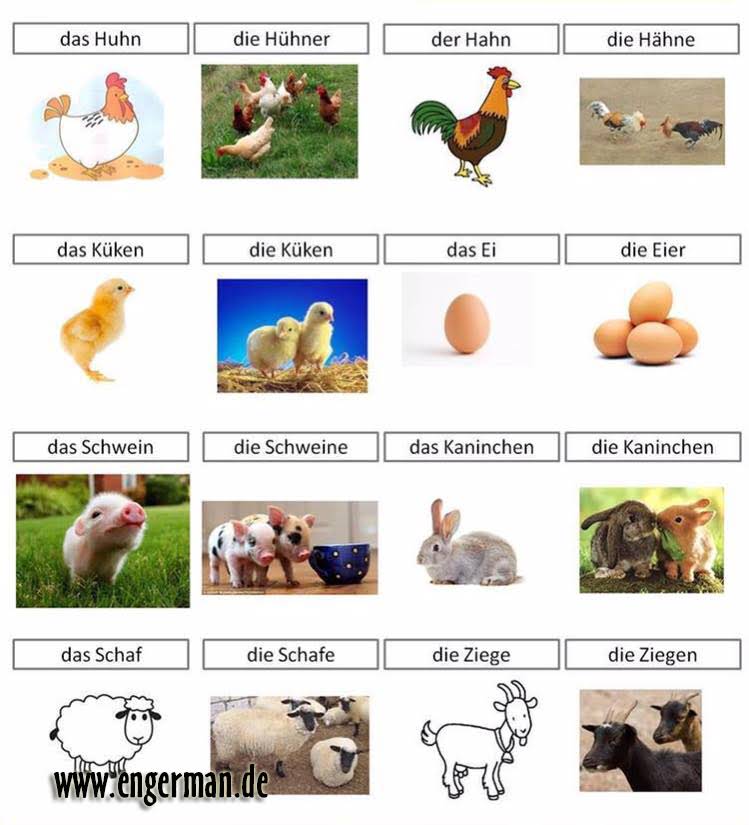
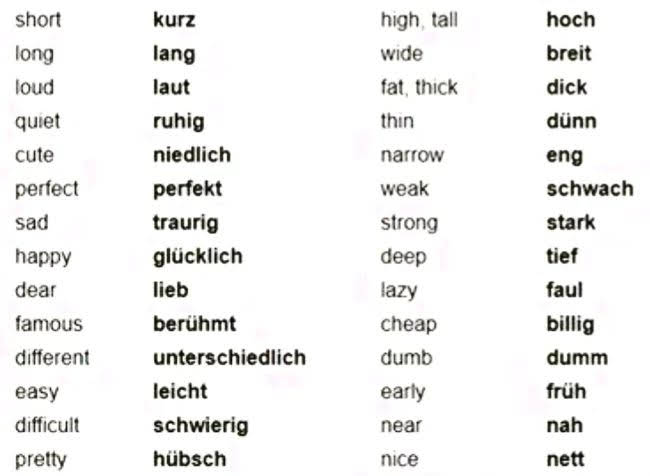
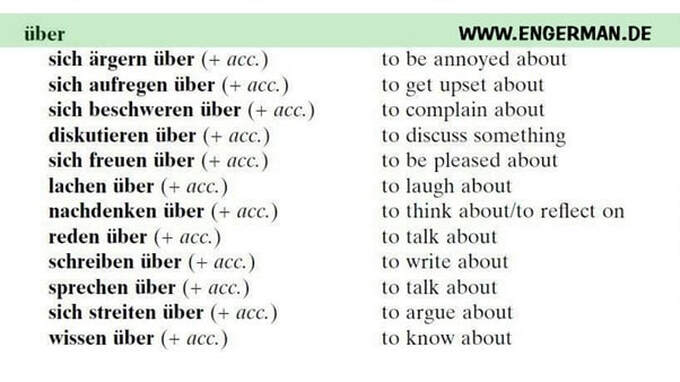
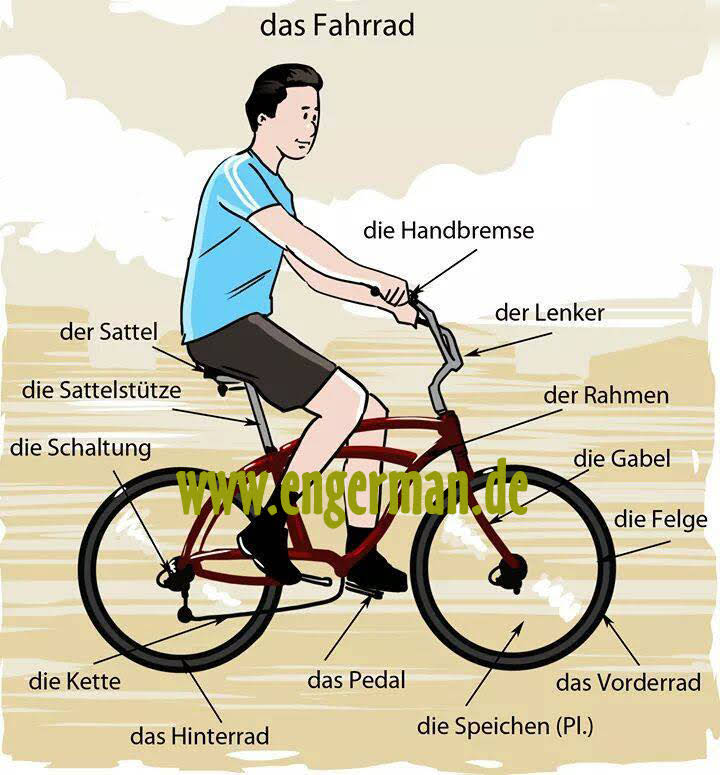
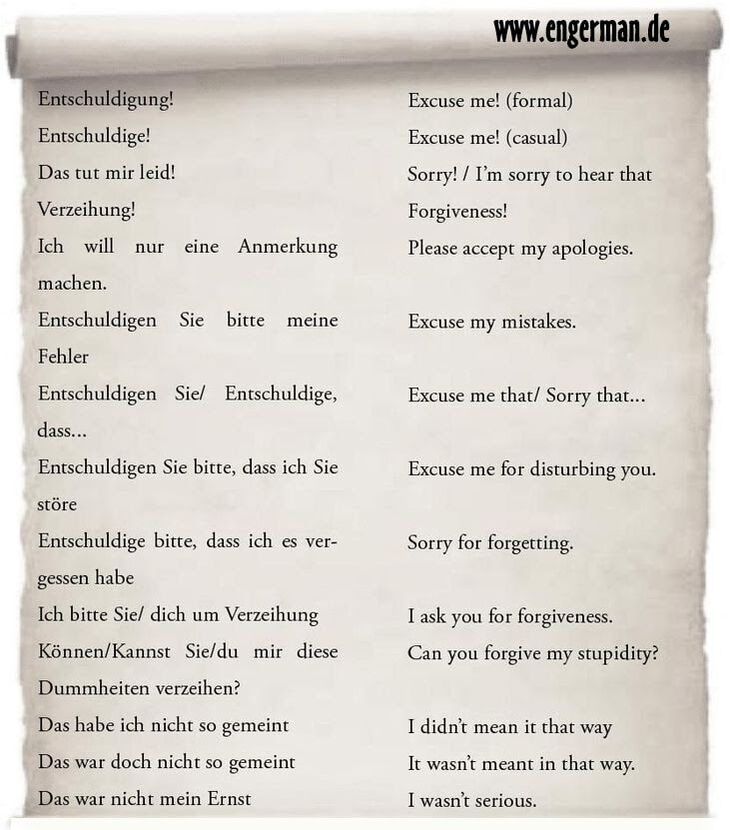
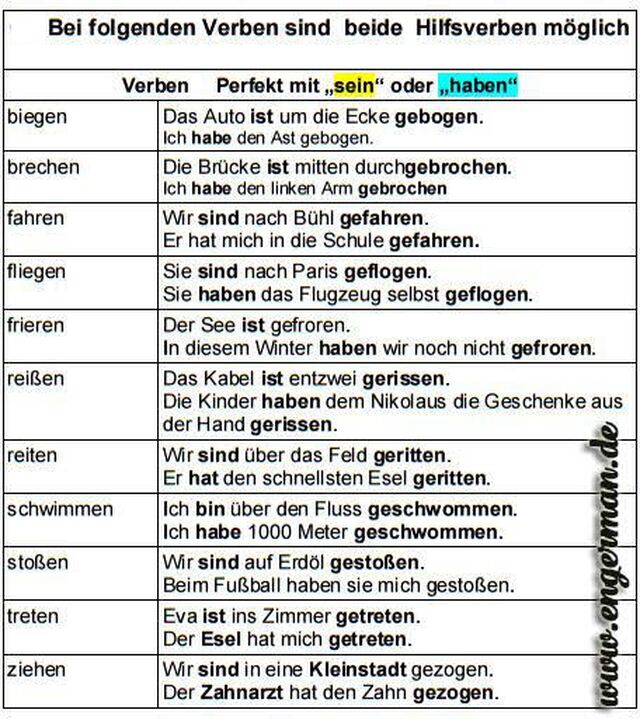
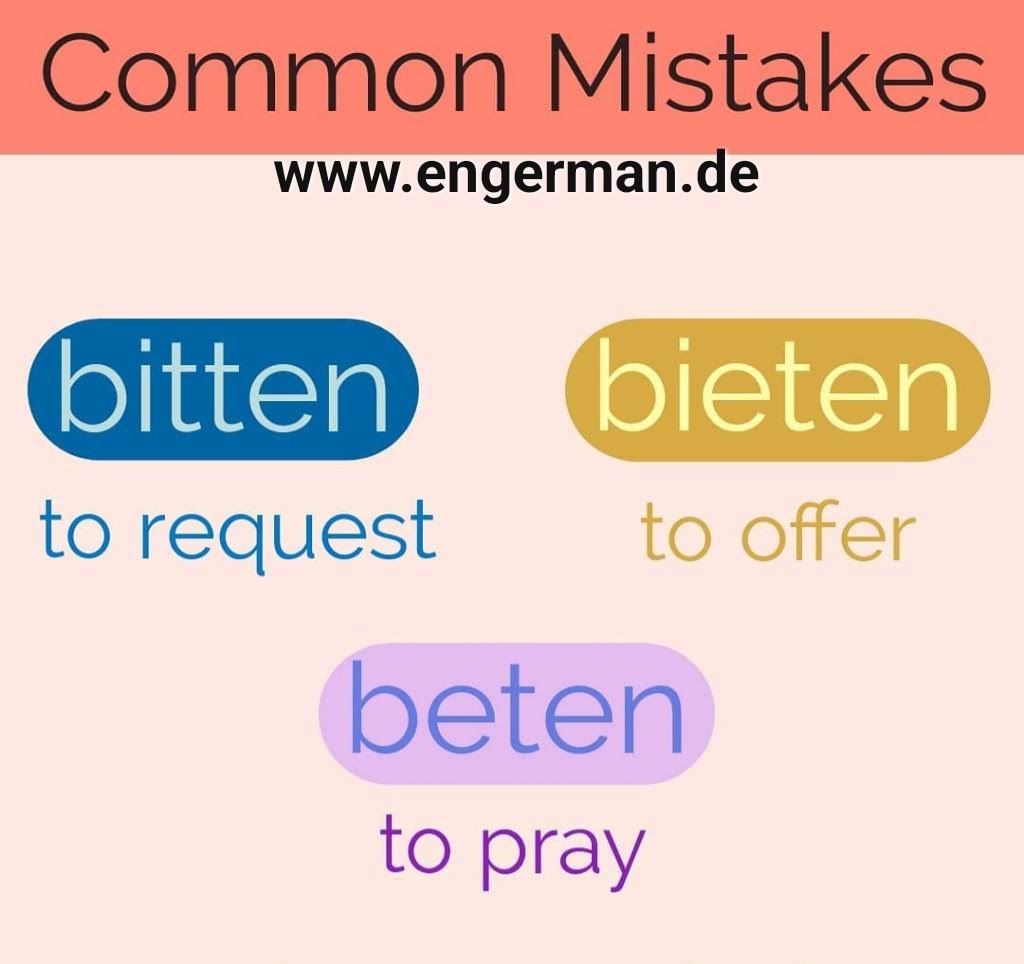
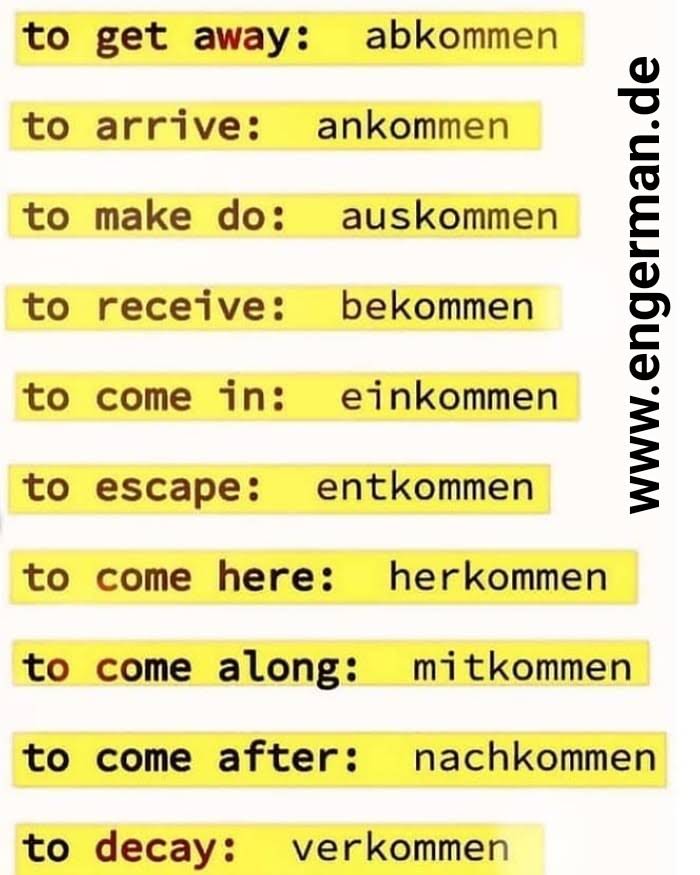
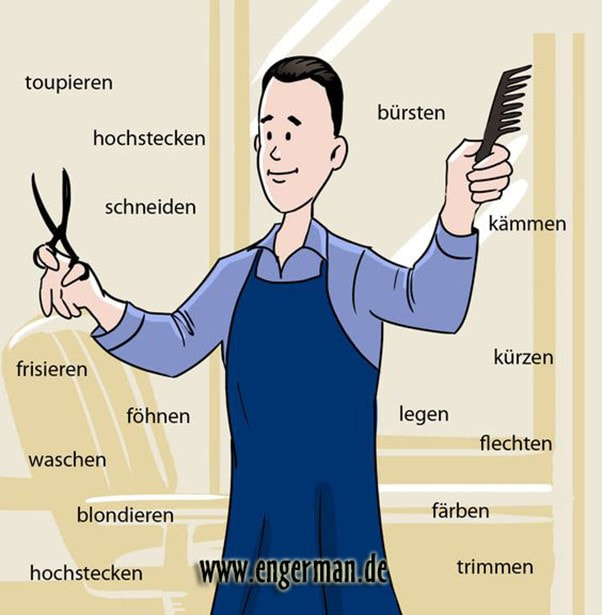
 RSS Feed
RSS Feed
